Biochemist and AI researchers win the Nobel Prize in Chemistry
Oct. 09, 2024.
2 mins. read.
14 Interactions
Researchers in computational protein design and protein structure prediction assisted by AI have won the Nobel Prize in Chemistry.
David Baker, Demis Hassabis, and John M. Jumper have won the Nobel Prize in Chemistry 2024 for computational protein design and protein structure prediction.
Baker, a biochemist and computational biologist, is Professor at the University of Washington. Hassabis and Jumper are respectively CEO and senior research scientists at the Artificial Intelligence (AI) company Google DeepMind.
Baker, who will receive half of the Prize, pioneered the use of amino acids as building blocks to design new proteins. His research group has designed and produced new proteins that can be used as pharmaceuticals, vaccines, nanomaterials and tiny sensors.
Hassabis and Jumper, who will share the other half of the Prize, developed an AI system called AlphaFold2. With AlphaFold2, they have been able to predict the structure of virtually all the 200 million proteins that researchers have identified.
“One of the discoveries being recognised this year concerns the construction of spectacular proteins,” says Heiner Linke, Chair of the Nobel Committee for Chemistry, in a press release.
“The other is about fulfilling a 50-year-old dream: predicting protein structures from their amino acid sequences,” adds Linke. “Both of these discoveries open up vast possibilities.”
Two documents titled “Popular science background: They have revealed proteins’ secrets through computing and artificial intelligence” and “Scientific background: Computational protein design and protein structure prediction” provide detailed explanations.
AI takes all?
This follows the previous announcement of the Nobel Prize in Physics, which went to the AI research pioneers John Hopfield and Geoffrey Hinton.
This Nobel Prize in Chemistry seems to follow the same trend. It recognizes one specific AI application to Chemistry rather than foundational developments in AI technology. But this Nobel Prize seems to confirm that something is in the air.
“I hope we’ll look back on AlphaFold as the first proof point of AI’s incredible potential to accelerate scientific discovery,” says Hassabis in a DeepMind press release. “It is a key demonstration that AI will make science faster and ultimately help to understand disease and develop therapeutics,” adds Jumper.
“As more scientists adopt AI for use in everything,” notes the DeepMind press release, “we will continue to see foundational scientific breakthroughs in the years ahead.”
Let us know your thoughts! Sign up for a Mindplex account now, join our Telegram, or follow us on Twitter.


.png)

.png)


.png)
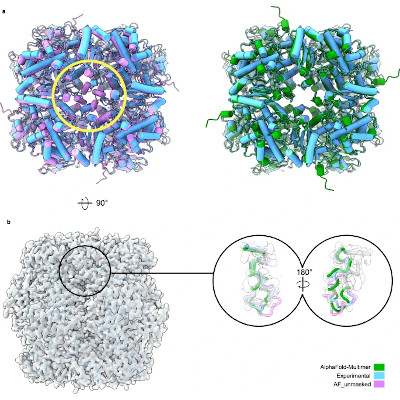
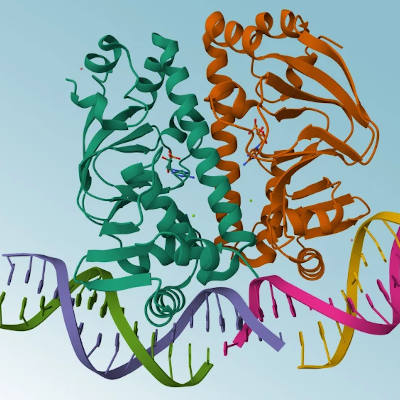
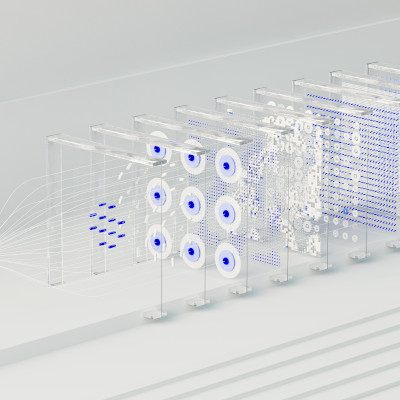
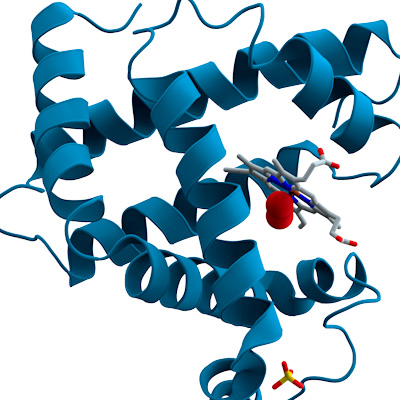
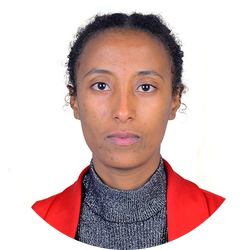



0 Comments
0 thoughts on “Biochemist and AI researchers win the Nobel Prize in Chemistry”